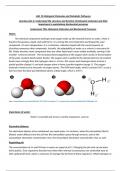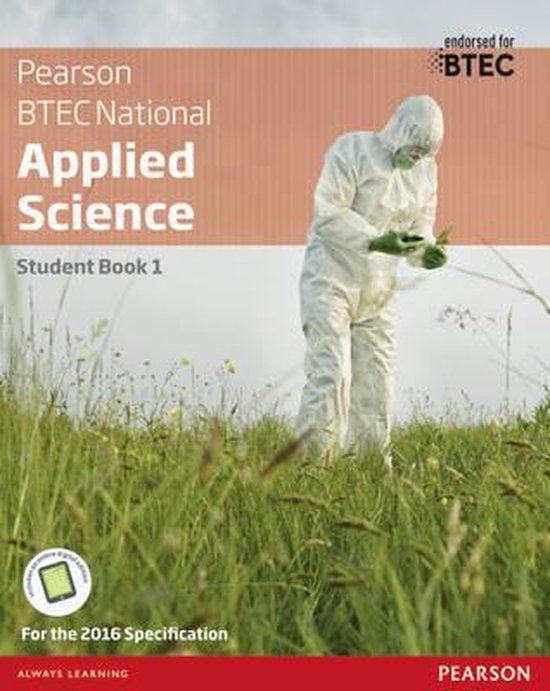Essay
Btec Applied Science Unit 10 Assignment A (Full Assignment)
- Institution
- PEARSON (PEARSON)
This is Btec Applied Science Unit 10 Assignment A (Biological Molecules and Biochemical Processes) which was awarded a distinction. This is an example of a Distinction level assignment, and you may use it as a guide to help you achieve a distinction and finish this assignment.
[Show more]




